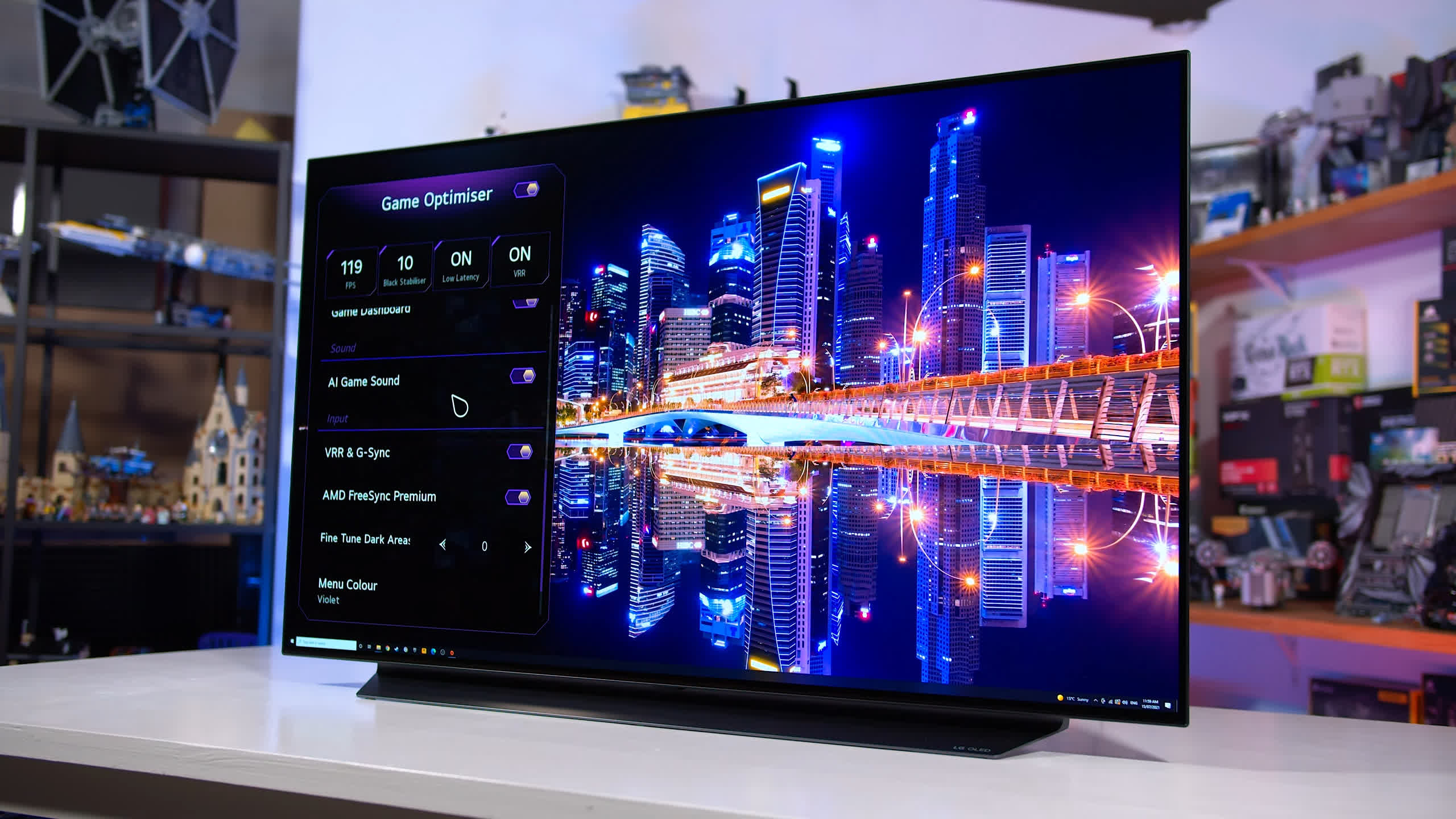My old monitor broke so I've been using a TV for my rig instead. I'm experiencing a bit of Myopia, which never happened before. It is increasing with time.
Is the TV the cause of the Myopia? I don't have a history of Myopia and don't wear glasses. The TV is not that big, it is just 32 inches. (80 cm)
Can you suggest me a good new monitor?
I'm looking for one with 60 hertz refresh rate, an HDMI port, and 1080p resolution. It should be LESS than 30 inches in size, so that it fits my desk.
I am in quite a budget of $150. Can be expanded by a bit cause I don't wanna damage my eyes.
Is the TV the cause of the Myopia? I don't have a history of Myopia and don't wear glasses. The TV is not that big, it is just 32 inches. (80 cm)
Can you suggest me a good new monitor?
I'm looking for one with 60 hertz refresh rate, an HDMI port, and 1080p resolution. It should be LESS than 30 inches in size, so that it fits my desk.
I am in quite a budget of $150. Can be expanded by a bit cause I don't wanna damage my eyes.



